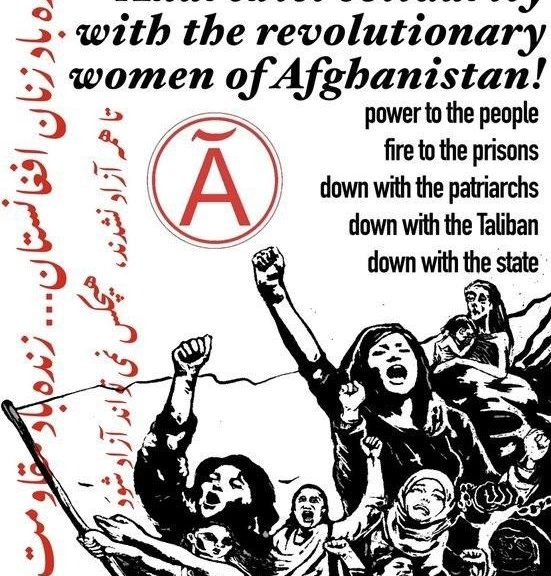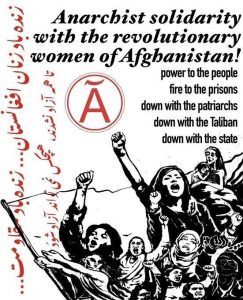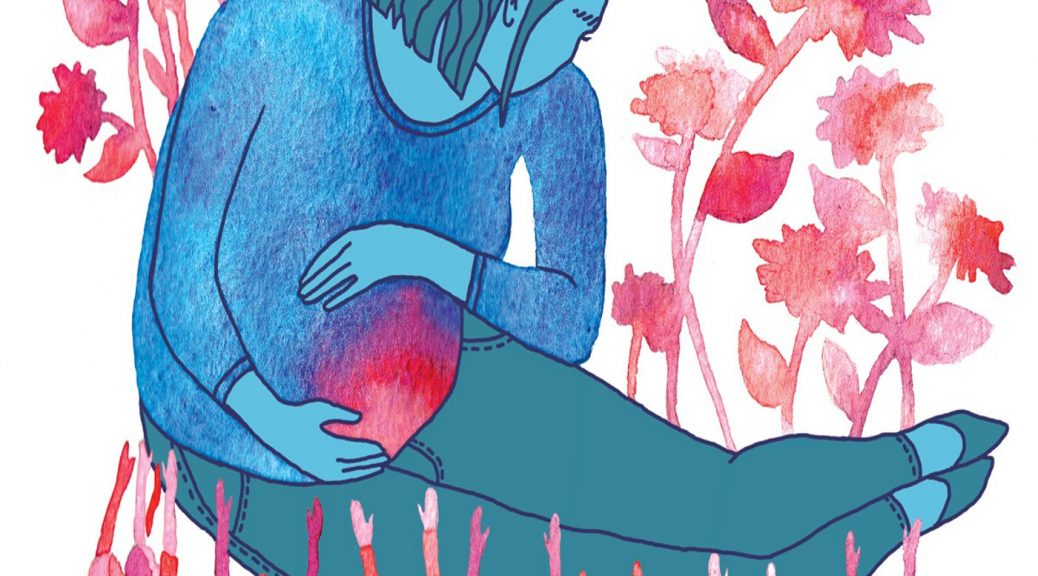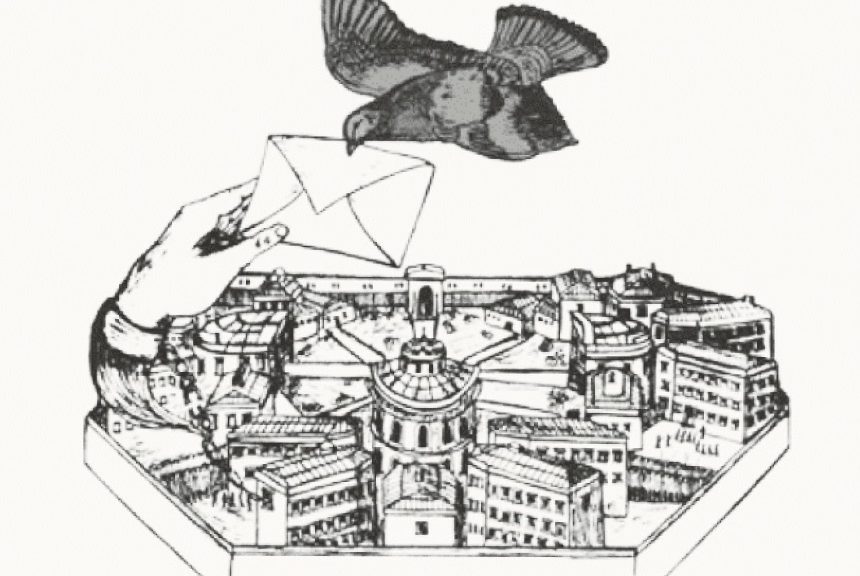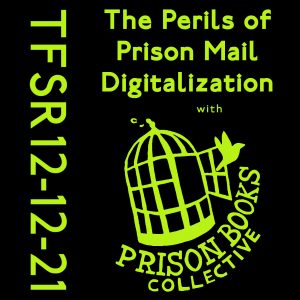Rojava Again Under Threat of Turkish Invasion
[00:10:35 – 01:45:30]
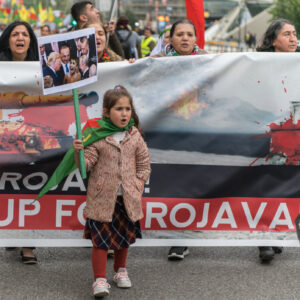
Emre, Rimac, Xero and Anya, members of the Emergency Committee for Rojava join us on the show this week to talk about the escalation of violence and threats of invasion by Turkey into northeast Syria, updates from the region and their thoughts on how people in the West can help folks living under the Autonomous Administration of North East Syria. You can learn more about their work at DefendRojava.Org and find related interviews covering some of the subject matter discussed and past events on our website by searching for Rojava.
You can keep find Xero’s upcoming podcast, a member of the Channel Zero Network, at ManyWorldsPod.Github.io and you can find the latest of Anya’s co-authored pieces at The Nation (though it’s paywalled).
Greg Curry Hunger Strike
[00:01:07 – 00:10:35]
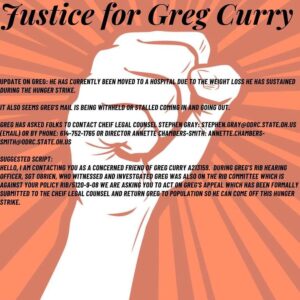 First up, we’ll be sharing a message recorded a week ago by PAPS Texas of incarcerated activist and survivor of the Lucasville Uprising in 1993, Greg Curry, about his hunger strike for the ODRC’s retaliation to his organizing behind bars at Toledo Correctional. Greg’s support is asking folks to contact ODRC officials as he’s entered over a month on hunger strike, had his communication meddled with and has been hospitalized.
First up, we’ll be sharing a message recorded a week ago by PAPS Texas of incarcerated activist and survivor of the Lucasville Uprising in 1993, Greg Curry, about his hunger strike for the ODRC’s retaliation to his organizing behind bars at Toledo Correctional. Greg’s support is asking folks to contact ODRC officials as he’s entered over a month on hunger strike, had his communication meddled with and has been hospitalized.
Greg has asked folks to contact Chief Legal Counsel Stephen Gray by email (stephen.gray@odrc.state.oh.us) or by phone (614-752-1765) or Annette Chambers-Smith via email at annette.chambers-smith@odrc.state.oh.us
Suggested script:
“Hello, I am contacting you as a concerned friend of Greg Curry A213159. During Greg’s RIB hearing, Officer Sgt O’Brien, who witnessed and investigated Greg was also on the RIB committee which is against your policy RIB/5120-9-08. We are asking you to act on Greg’s appeal which has been formally submitted to the Chief Legal Counsel and return Greg to population so he can come off this hunger strike.”
You can find a recent interview with a member of Prison Abolition Prisoner Support on Greg’s case at 1 hour 2 minutes into the episode (mislabeled as September 3rd 2020) at NewDream.US. You can hear our 2016 interview with Greg Curry.
Continue reading Rojava Again Under Threat of Turkish Invasion

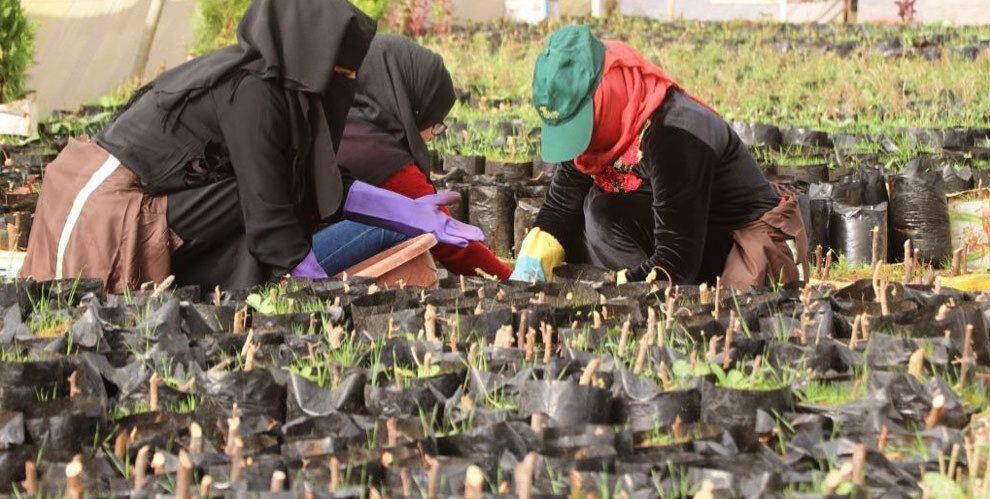
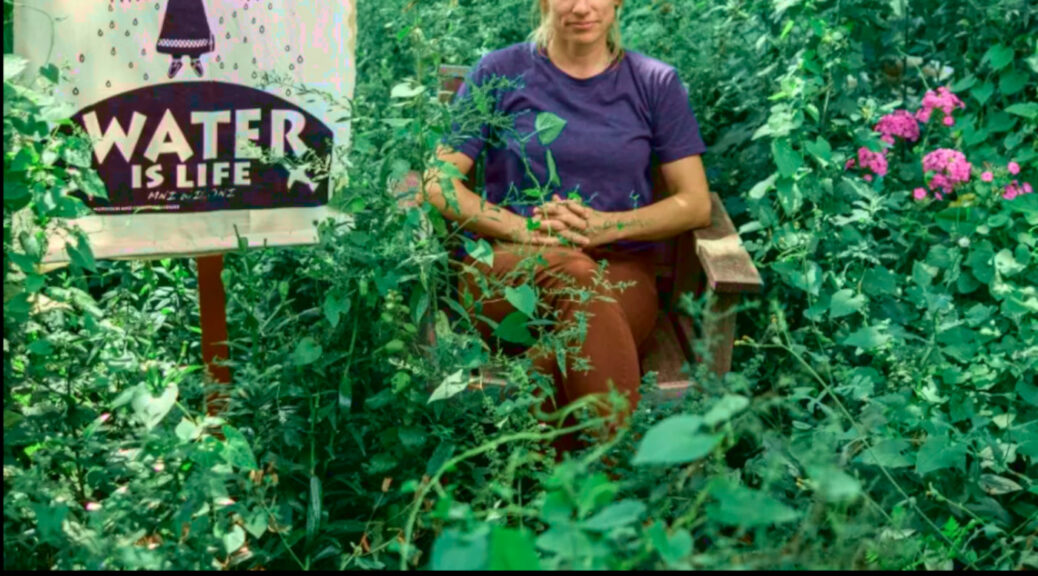

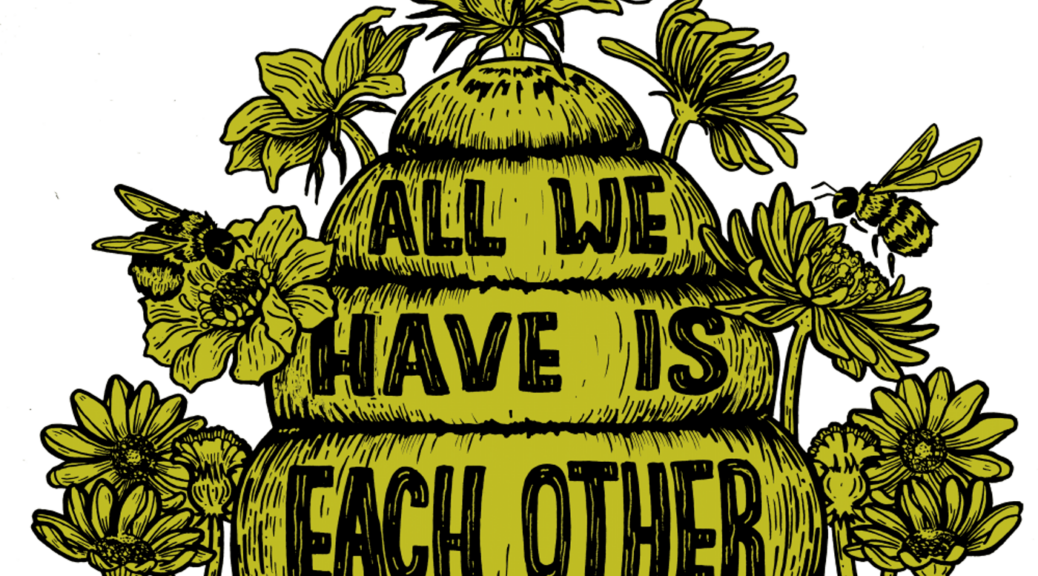
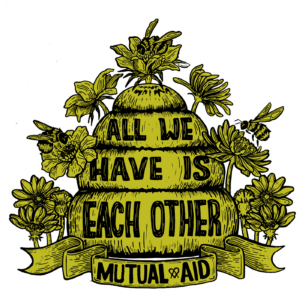
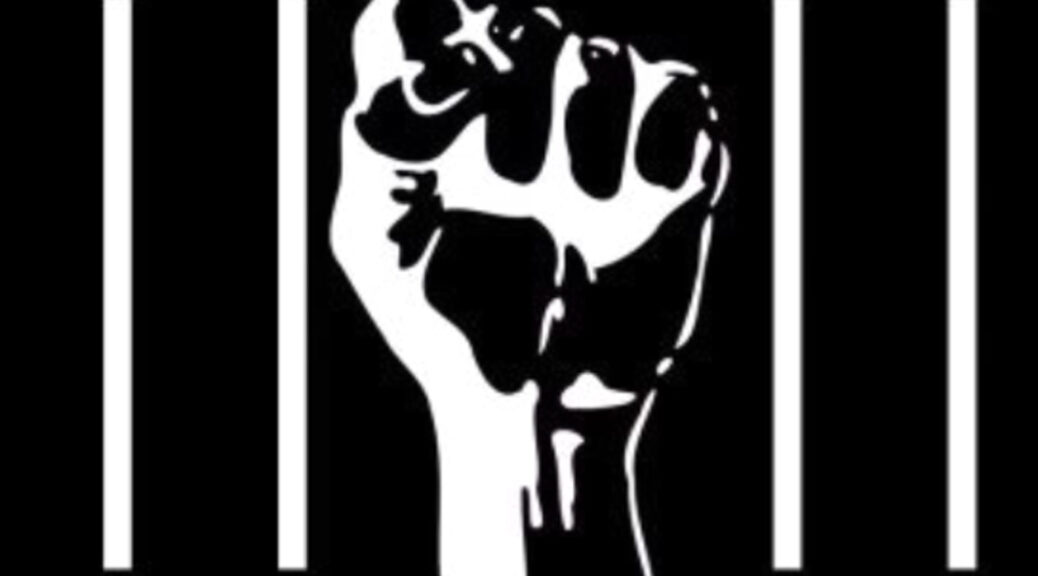
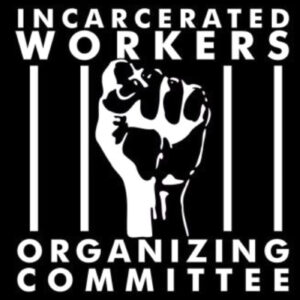
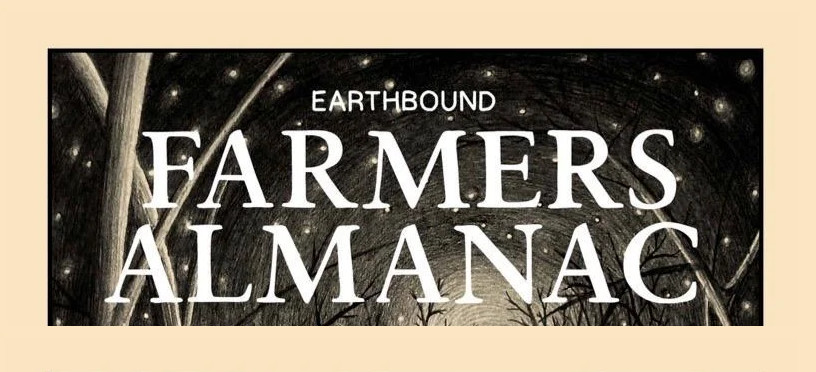

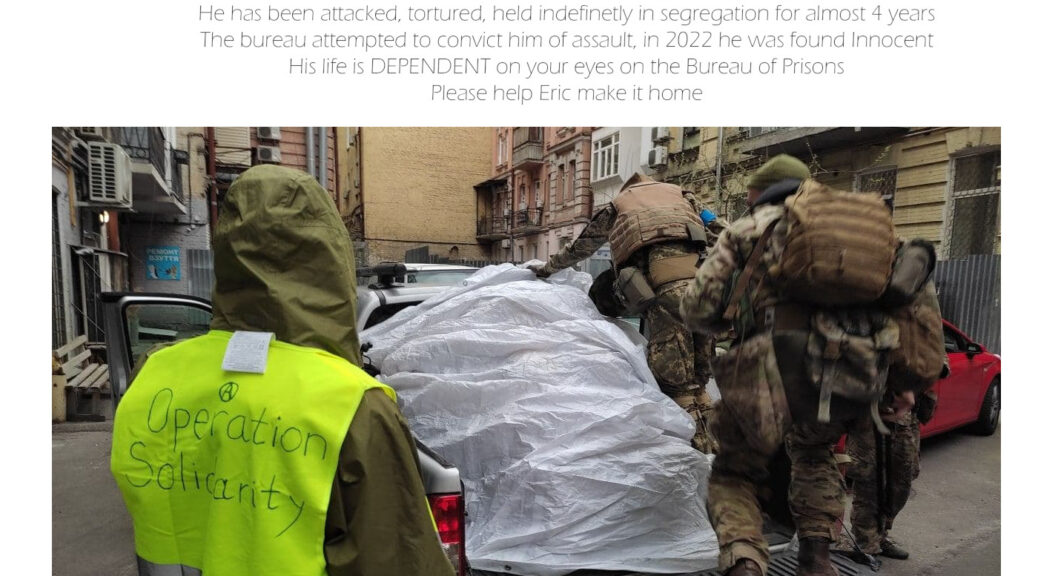
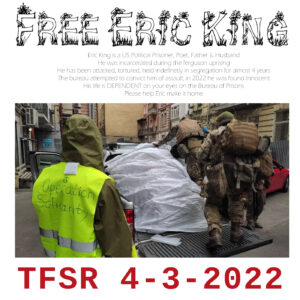
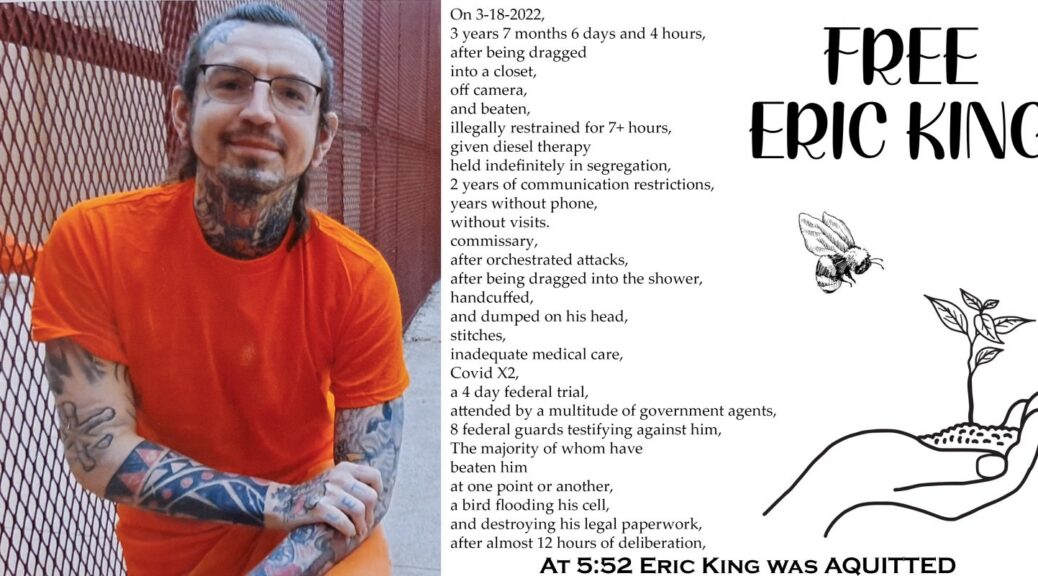
 This week, you’ll hear a chat with California-based activist Victoria from Merced Under Construction, who talks to us about the prisoner hunger strikes at Merced County Jail and John Latorraca Center. Over 40 prisoners engaged in hunger strike for 17 days, fighting for issues like protesting black mold, little food, lack of visitation and other issues. The hunger strike ended Saturday, March 28th, despite the disrespect of the jail administration. You can learn more about how to support and keep up on
This week, you’ll hear a chat with California-based activist Victoria from Merced Under Construction, who talks to us about the prisoner hunger strikes at Merced County Jail and John Latorraca Center. Over 40 prisoners engaged in hunger strike for 17 days, fighting for issues like protesting black mold, little food, lack of visitation and other issues. The hunger strike ended Saturday, March 28th, despite the disrespect of the jail administration. You can learn more about how to support and keep up on 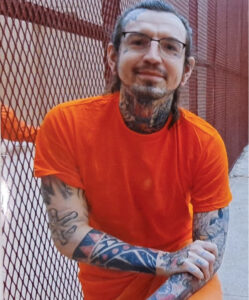 Then, you’ll hear from Josh from the Certain Days Calendar and Mookie from the Civil Liberties Defense Center do an update on a roundup of the recent trial of Eric King. Eric was found innocent on charges of assaulting a Federal Bureau of Prisons Lieutenant, a charge that would have added another 20 years to his time in prison, thankfully. More on his case at
Then, you’ll hear from Josh from the Certain Days Calendar and Mookie from the Civil Liberties Defense Center do an update on a roundup of the recent trial of Eric King. Eric was found innocent on charges of assaulting a Federal Bureau of Prisons Lieutenant, a charge that would have added another 20 years to his time in prison, thankfully. More on his case at 